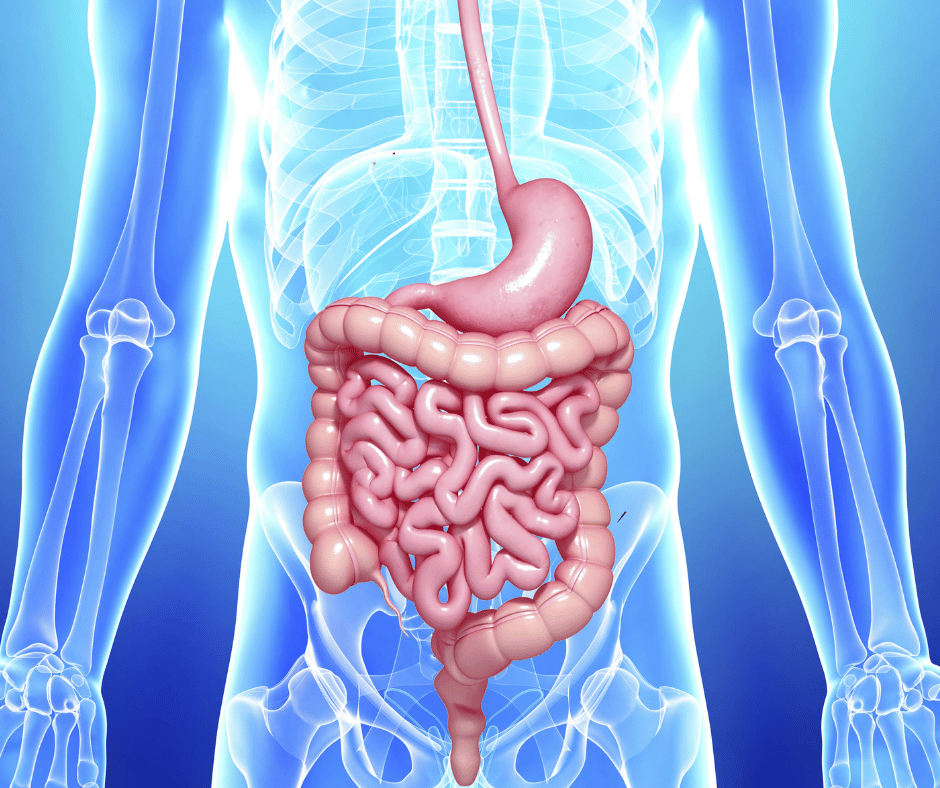Does Gut Health Affect Bowel Movements?
Table of Contents
The Gut-Bowel Connection You Can’t Ignore
Have you ever felt bloated, constipated, or like your digestive system just isn’t working the way it should? The answer to your troubles may lie deep within your gut. While we often associate gut health with digestion, its impact goes far beyond breaking down food. Your gut microbiome—the trillions of bacteria living in your intestines—plays a massive role in regulating your bowel movements. But how exactly does gut health influence the way we go to the bathroom? And what can you do to optimize your gut for smooth, effortless digestion?
Suppose you’ve ever wondered why some people seem to have perfect digestion while others struggle. In that case, this article will break down the science behind the gut-bowel connection and provide actionable steps to improve your gut health and your bowel movements.
Key Takeaways
✅ Your gut microbiome plays a crucial role in digestion and bowel regularity.
✅ An imbalanced gut can lead to constipation, diarrhea, and irregular bowel movements.
✅ Probiotics, fiber, hydration, and stress management can improve gut health.
✅ Common digestive disorders like IBS and leaky gut are linked to poor gut health.
✅ Simple lifestyle changes can have a dramatic impact on your gut and overall well-being.

Understanding Gut Health: The Powerhouse of Digestion
What is Gut Health?
Gut health refers to the balance of bacteria, fungi, and other microorganisms living in your digestive tract. This complex ecosystem, known as the gut microbiome, helps break down food, absorb nutrients, and even regulate immune function.
The Role of the Gut Microbiome
Think of your gut microbiome as an internal rainforest—diverse, thriving, and essential for life. When it’s balanced, everything runs smoothly. When it’s out of sync, digestive issues can arise.
Your gut microbiome:
Produces essential nutrients like B vitamins and short-chain fatty acids.
Aids in digestion by breaking down food and fiber.
Regulates the immune system and reduces inflammation.
Communicates with the brain via the gut-brain axis, affecting mood and digestion.
Signs of an Unhealthy Gut
If your gut health is compromised, you may experience:
Chronic constipation or diarrhea
Frequent bloating and gas
Food intolerances and sensitivities
Low energy and sluggishness
Skin issues like acne or eczema
The Gut-Bowel Movement Connection
How Gut Bacteria Impact Bowel Movements
The bacteria in your gut don’t just help digest food—they also play a direct role in stool consistency, frequency, and overall digestive function. Here’s how:
Fiber Fermentation: Good bacteria break down fiber into short-chain fatty acids, which promote smooth bowel movements.
Regulation of Peristalsis: The gut microbiome influences peristalsis (the wave-like contractions of the intestines that move food along).
Production of Mucus: Healthy gut bacteria help produce mucus that lines the intestines, making stool passage easier.
The Role of Fiber, Probiotics, and Hydration
Fiber: Adds bulk to stool and feeds beneficial gut bacteria.
Probiotics: Boost gut microbiome diversity and aid digestion.
Water: Keeps stool soft and prevents constipation
Common Gut Health Issues and Their Effects on Bowel Movements
Constipation: When Things Won’t Move
A lack of beneficial bacteria, low fiber intake, and dehydration can all contribute to constipation. Solutions include eating more fiber-rich foods, drinking plenty of water, and incorporating probiotics.
Diarrhea: When Things Move Too Fast
Gut imbalances, infections, and food intolerances can cause diarrhea. Restoring gut health with probiotics and an anti-inflammatory diet can help regulate stool consistency.
IBS and Other Digestive Disorders
Irritable Bowel Syndrome (IBS) is closely linked to gut dysbiosis. Symptoms include alternating constipation and diarrhea, bloating, and abdominal pain.

How to Improve Gut Health for Better Bowel Movements
Eat a Gut-Friendly Diet
Increase Fiber Intake: Eat more fruits, vegetables, whole grains, and legumes.
Add Probiotic Foods: Yogurt, kimchi, sauerkraut, and kefir promote gut diversity.
Consume Prebiotics: Garlic, onions, and bananas feed good bacteria.
Stay Hydrated
Water is essential for soft, easy-to-pass stools. Aim for at least 8 glasses per day.
Manage Stress
Chronic stress disrupts the gut-brain connection. Practices like yoga, meditation, and deep breathing can support digestion.
Limit Processed Foods and Artificial Sweeteners
Artificial sweeteners and heavily processed foods can harm gut bacteria and lead to digestive issues.

When to See a Doctor
If you experience persistent digestive issues, it may be time to seek medical advice. Signs that require attention include:
Blood in stool
Severe abdominal pain
Unexplained weight loss
Chronic constipation or diarrhea
Conclusion: Take Charge of Your Gut Health Today!
Your gut is the foundation of your overall health, and its impact on bowel movements cannot be overstated. By making small yet powerful changes—eating fiber-rich foods, drinking more water, and managing stress—you can improve digestion, boost energy, and enhance overall well-being.
Start today! Try adding more probiotic-rich foods to your diet, drinking more water, and reducing stress. Share your gut health journey in the comments and let us know your favorite gut-friendly habits!
Join our Email List
Past Blog Posts

Poop & Weight Loss/Gain: How Your Bowel Health Impacts Your Scale
Your scale isn’t measuring fat — it’s measuring what your gut hasn’t let go of. Hidden stool retention, slow motility, and gut bacteria can quietly drive weight gain and bloating, even when your diet is “perfect.” This post exposes the dirty secret behind stubborn weight… and how to fix it.

What Your Stool Color & Shape Reveal About Your Gut Health
Your poop is a real-time report card on your gut health—and most people are ignoring it. From color changes to weird shapes to the clues hidden in texture, every bowel movement tells a story. This guide breaks down exactly what your stool says about digestion, inflammation, and the hidden issues you can’t see.

Is Wheat Wrecking Your Gut? What Celiac Disease Reveals
Wheat isn’t the villain—it’s the kind of wheat that’s wrecking your gut. From ancient grains to modern hybrids, discover how today’s wheat triggers inflammation, worsens celiac symptoms, and sabotages digestion—and what smarter, safer alternatives can finally bring your gut back to balance.
